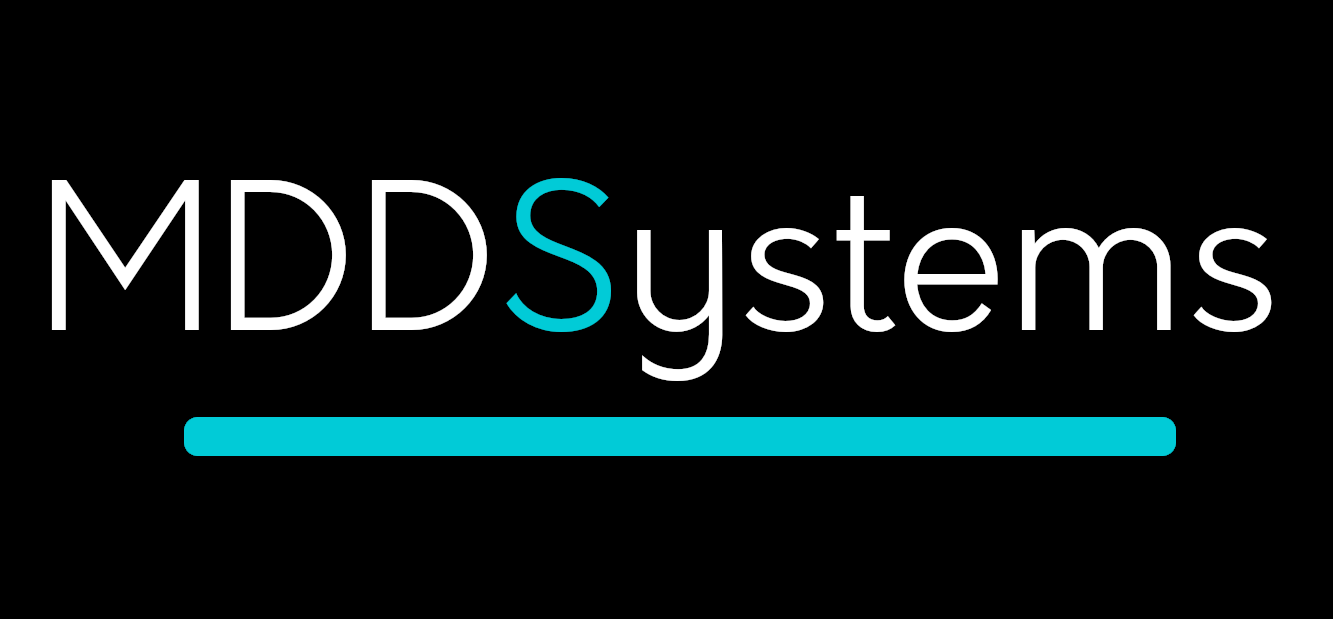Workshop Aim: the aim of this workshop is to identify issues that are occurring in the Post Project Review stage of projects. The workshop can also be used to train new Project Managers or to introduce a framework for managing projects.
Purpose: To coach internal project managers and PMO leaders in conducting effective Post-Implementation Reviews that evaluate project performance, validate realized benefits, and identify improvement opportunities — all through a structured, repeatable process.
1. Objective
The PIR Coaching Program ensures that project managers:
- Can independently plan and facilitate post-implementation reviews.
- Use consistent templates, evaluation criteria, and evidence collection methods.
- Distinguish between project delivery success and business outcome success.
- Develop confidence to provide balanced, constructive feedback.
- Embed PIR practices into the organization’s project lifecycle and governance framework.
2. Business Rationale
Many organizations either skip the PIR or treat it as a formality — losing vital insight on performance and benefits realization.
Structured PIR capability:
- Enables continuous improvement at the portfolio level.
- Provides evidence-based feedback for sponsors and PMO governance.
- Reinforces accountability for benefits beyond project delivery.
- Strengthens organizational learning culture and transparency.
3. Prerequisites
Before coaching begins:
- Existence of a project closure process or recent projects ready for review.
- Senior management commitment to support open and constructive feedback.
- Documented project plans, budgets, and outcome data for review practice.
- A PIR template or framework (drafts can be refined during coaching).
- Selected pilot participants (PMs, sponsors, PMO staff).
4. Coaching Structure
| Session | Duration | Focus Areas | Outputs |
|---|---|---|---|
| 1. Orientation & Framework Design | 2 hrs | Introduce PIR concept, objectives, and process flow. Customize organization’s PIR template and scoring criteria. | PIR Framework tailored to client context. |
| 2. Review Planning Workshop | 2 hrs | How to scope a review, select participants, and prepare data. | PIR Planning Checklist and Agenda. |
| 3. Conducting Effective Reviews | 3 hrs | Facilitation skills, questioning techniques, managing bias and conflict. | Interview Guides and Facilitation Script. |
| 4. Data Analysis & Report Writing | 2 hrs | Synthesizing findings, root-cause categorization, and presenting recommendations. | PIR Report Template with sample content. |
| 5. Benefits Validation & Handover | 2 hrs | Linking PIR results to benefits realization tracking and PMO feedback loop. | Benefits Tracking Matrix and PMO Handover Form. |
| 6. Live Review Simulation | 3 hrs | Practice session using a real completed project as case study. Consultant observes and provides feedback. | Completed PIR Report and Action Plan. |
Total Duration: ~2–3 weeks (spread over ~14 hours of guided sessions)
5. Coaching Deliverables
- Customized PIR Framework and Templates
- Facilitator’s Guide and Interview Toolkit
- Sample PIR Reports (with anonymized examples)
- Benefits Validation Matrix
- PIR Governance Checklist (review frequency, ownership, escalation)
6. Learning Outcomes for Participants
Participants will:
✅ Learn how to plan, facilitate, and document an effective post-implementation review.
✅ Gain skills to conduct objective, evidence-based evaluations.
✅ Understand how to differentiate between delivery metrics and business outcomes.
✅ Build confidence to present findings constructively to sponsors and PMO.
✅ Be able to integrate PIR results into continuous improvement processes.
